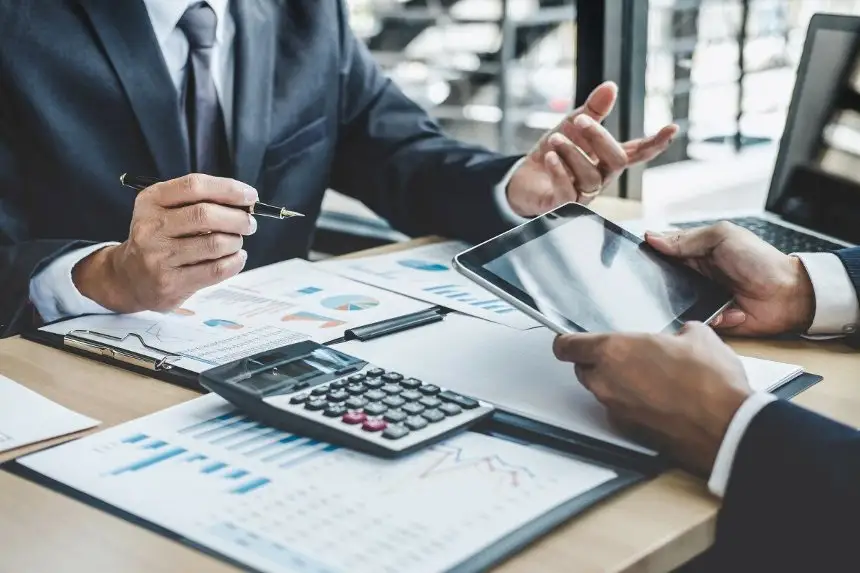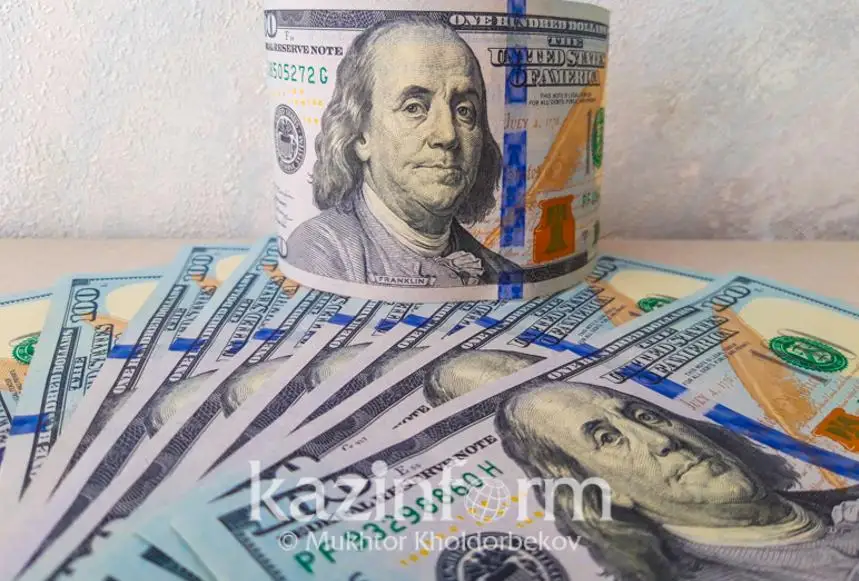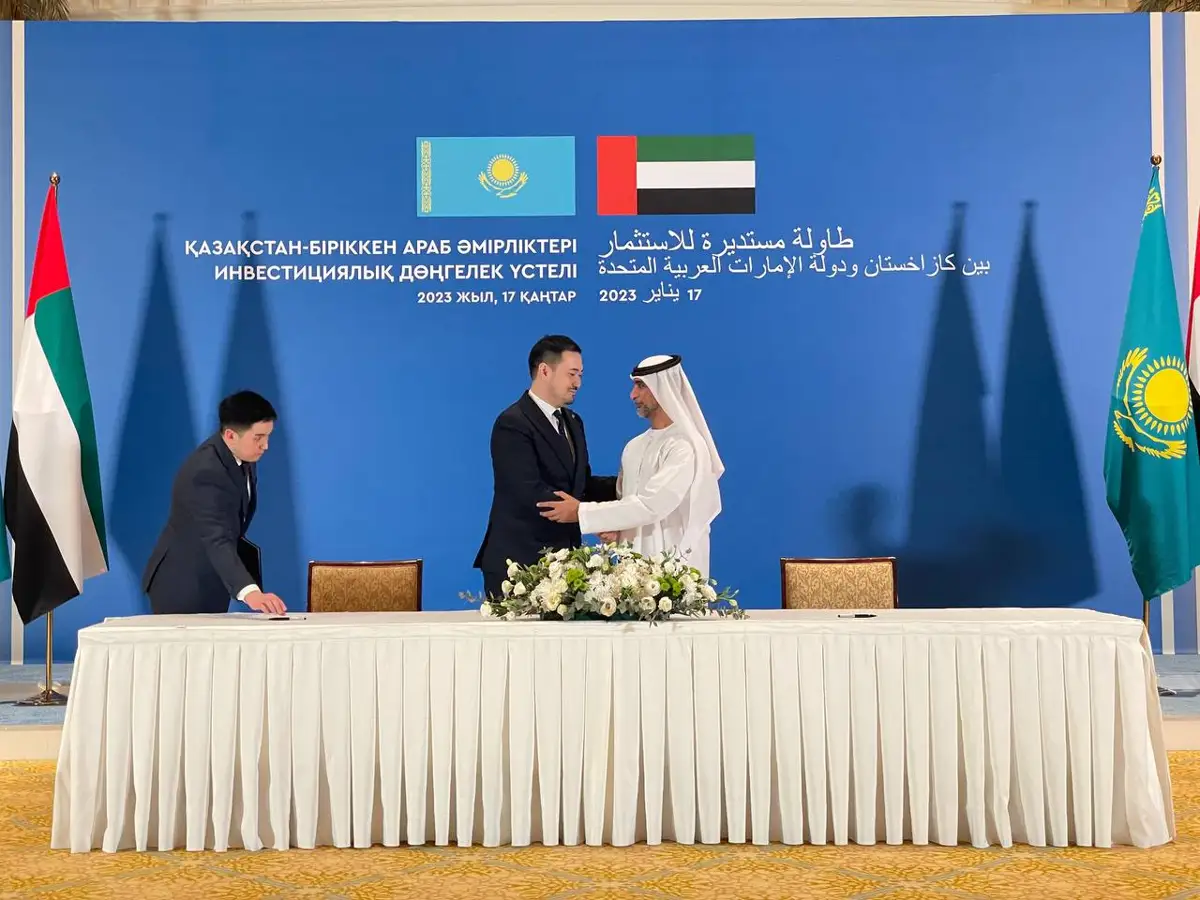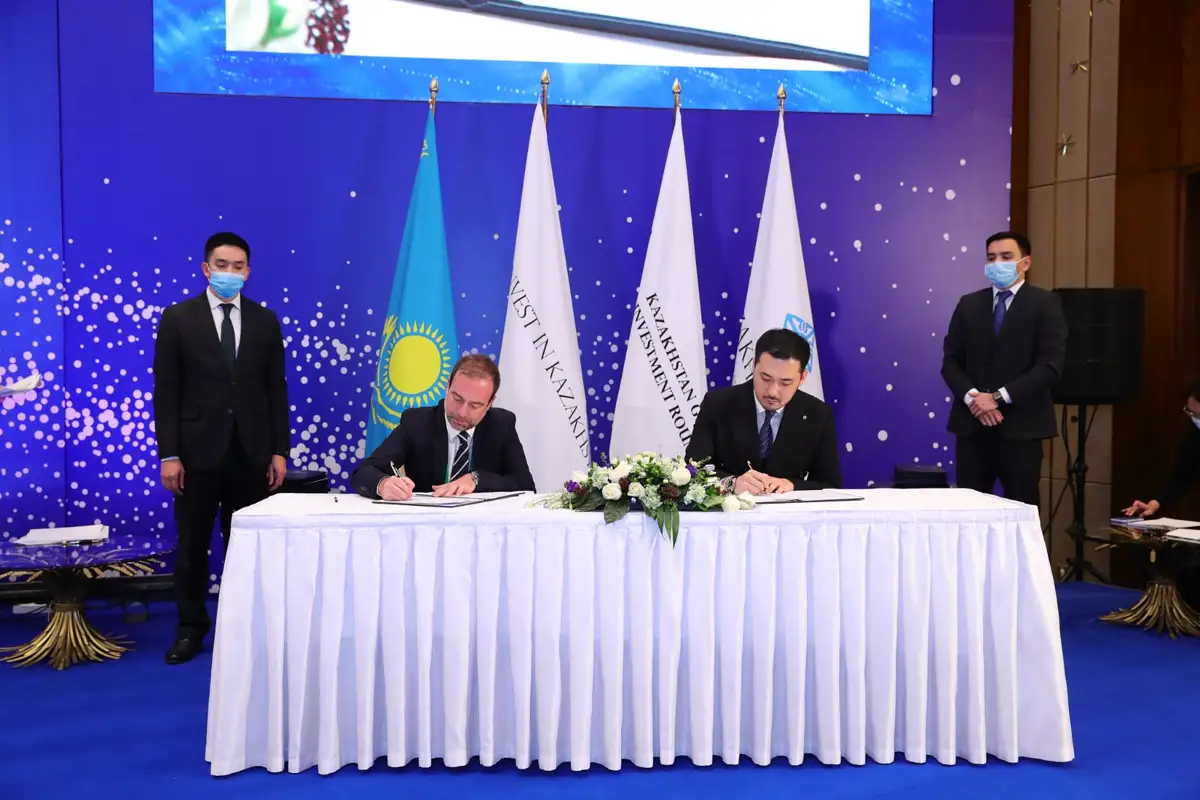Kazakh Invest talks support measures for investors, investment agreement and large hydrogen project

Could you tell us what is the role in the process of attracting investments assigned to Kazakh Invest?
The mandate is very broad. Yet, we do not have the ability to co-invest or lend money on behalf of Kazakh Invest. Our main asset is people. We provide full support to investors, from consulting to project support.
The company consists of a project department, a pre-investment block, which deals with attracting investments from outside, accompanying investors and working with embassies and central government agencies. In addition, there is a service support unit for investors and a protocol unit, which organizes events, including those at the level of the head of state.
 Photo: soupstock.in
Photo: soupstock.in
We also act as a strategic consultant for foreign companies. Companies that come for the first time need to have a bird's eye view. We tell them about the country, what are the investment opportunities, organize meetings to get to know the key stakeholders within the government and beyond, including representatives of business in Kazakhstan.
We support also local companies that want to attract investors. We have a service for them to develop investment teasers. We hire Big Four companies [Deloitte, PricewaterhouseCoopers, Ernst & Young, and KPMG] and they do the packaging of investment projects - they make a financial model, an extended business plan, translate into English.
We also actively use the platform at the level of the government, called Investment Headquarters, to solve operational issues on investment projects. Once a quarter it is chaired by Prime Minister Alikhan Smailov and every month it is chaired by First Deputy Prime Minister Roman Sklyar. There, we discuss problematic issues and issues that require a decision of the top leadership of the government. It has been functioning since 2021 and it is quite an effective platform.
 Фото: rowlands-hames.co.uk
Фото: rowlands-hames.co.uk
We are also involved in organizing events for top government officials at investment forums and roundtables. There we primarily promote the interests of our domestic businesses, take them along on these visits and introduce them to companies in their field of expertise.
We also have representative offices in each region, who concurrently serve as advisers to regional akims (governors) and are also on the board of special economic zones. They are our eyes and hands in the regions.
What are the basic measures of support?
If we talk about the standard measures of state support, the most basic one is the investment contract, envisioning a standard type of preference, including exemption from taxes and provision of a plot of land as part of an in-kind grant. Before that, we help investors by providing support in drawing up documents. However, we are not the signatories, as the signatories are the Investment Committee.
We have been the national operator for accepting applications for investment agreements since last year. We accompany this process to observe the consistency of the negotiation process, as the structure of the state apparatus is quite complex. There are various ministries, akimats, committees, and national companies. We accept an application, check the compliance of documents, then send it directly to a profile state body in whose jurisdiction this investment project is to obtain an industry opinion - whether this investment project is necessary for our country and this industry. If the industry project meets all the criteria and we receive a positive response, then we form a commission on the basis of this state body, which develops the government's common position in the negotiations. Before that, we do internal verification, involving the Astana International Financial Centre, which has databases that they can use to determine whether an investor is reliable or not.

Could you tell us in detail about how investments are attracted?
Overall, foreign investors come where there is the least risk. Most of all, they choose existing enterprises where expansion and technology transfer are required and where cash flow is already being generated. These projects are easier to work with. Unfortunately, we have more risky projects, greenfield projects (a venture launched from the ground up) as we call them.
Most of our projects are greenfield. As a national investment company, we are interested in having as many national champions as possible, companies that feel comfortable both inside the country and those that are ready to go outside of Kazakhstan and open production facilities and export their products. However, they usually face a problem of finding a strategic partner who already has experience and is willing to share risks with Kazakhstan’s participation.
In general, we have several stages of selection. First of all, it is the competence of our company employees, who have very extensive experience in different industries. We also have a pre-investment unit, which sends us initiatives from outside the country. We study whether the investor is really interested in investing and not just selling equipment. In addition, once a quarter we have an internal investment committee, where we discuss whether a project is viable.
If we are talking about large strategic projects, we additionally check through the AIFC and bring them to the discussion at the government level.
Overall, since 2017, we have accumulated quite serious competence in this matter. We have already learned to identify projects.

We do everything to make an investor feel comfortable. At the same time, we have no restrictions whether it is a foreign or local investor. Of our nationwide pool of 873 projects, about 16 percent are projects with foreign capital and some of them are joint ventures.
Could you elaborate on the investment agreement?
An investment agreement is a bilateral agreement between our government and an investor. The Task Force unit, which I represent, deals with investment agreements. This instrument is not new. It is about two years old. But until just March, we were working to bring some legislative norms into compliance. Now the tool is ready for use and its potential will only be revealed now.
An investment agreement is an agreement to invest in priority sectors and industries for the country. It is a more exclusive type of agreement, not just an investment agreement.
In general, we made a pool of 70 investment projects, which consists solely of private investments. Among them, there are no projects of the Samruk Kazyna Sovereign Wealth Fund and no projects of its subsidiaries, but only private investment projects. We carefully selected this pool and negotiated with everyone; we checked and assessed investors' reliability.
The total sum of these projects exceeds $13 billion with a short implementation period until 2028. Of these projects, 24 have already sent us an application to consider the conclusion of an investment agreement.
An investment agreement envisions a non-standard set of preferences. For example, the investment-priority contract exempts from taxes, provides a land grant and exempts from customs duties. It is a modular contract and cannot be modified.

The investment agreement, in turn, is a non-modular contract. It can include everything under the current legislation, based on the results of direct negotiations between the government and investors. It is also necessary to understand that since the agreement is regulated by the resolution of the government, all state bodies participate in coordination, express their opinion and vote.
Most often, it is sometimes difficult to negotiate with our central authorities. There were cases when investors wanted more preferences, but since the central authorities act as regulators of the industry, they stipulated the realities, based on the capabilities of industries, so that it was not to the detriment of the provision of the country. In other words, the central authorities are a sieve that will not allow anything unnecessary to pass through, standing guard over our interests.
Therefore, not every investor will be able to sign such an agreement. There have only been two so far in history. One with an American company. The other with Svevind, a company from the European Union producing green hydrogen.
This year we are planning to sign at least four investment agreements. The signing of the others will either move on to next year, because they are quite capital-intensive, or they will take place as part of a standard investment agreement.
Which industry is of most interest to private investors?
The agricultural sector is most interesting to investors, about 25 investors out of 70 are in this sector. There is a very active interest from Turkish companies, there is interest from European and American companies. Of these, the real share of foreign direct investment in the agricultural sector is below 1 percent. This is primarily due to the fact that we have restrictions on land ownership.
But at the same time, many of them want to control the quality of the harvest. In that case, we direct investors to processing, which is exactly what local entrepreneurs need. We vote for the so-called contract farming, where Kazakh farmers will grow, get seeds, learn new technologies, grow new crops and provide plants with raw materials for processing. In this case, we emphasize that we are against projects that are aimed at subsidies. Those projects where raw materials are subsidized are not of interest to us because such business model is not sustainable. We are looking for the projects which are least dependent on investment subsidies from the state in the sphere of agriculture.

The investors who come to us in the agro-industrial complex will produce and export products. I believe this is the task of the Ministry of Agriculture to produce finished products and send them for export to compete on the shelves of final products. To give you an example, the area of the Netherlands is smaller than one region of Kazakhstan, but they export over 10 billion euros worth of agricultural products alone every year. We export mainly raw materials in the oil and gas sector, mining and metallurgy worth $80 billion. By the way, Kazakh Invest does not have a production mandate. We were created to work only on priority activities, i.e., projects related to processing.
One of the biggest projects that Kazakh Invest managed to sign last year is the green hydrogen project. Could you tell us more about the specifics of the deal and project?
We signed a number of non-disclosure agreements on this project, so for now I will tell you what I can share. When the Task Force division was created, we identified not only top investment projects for ourselves, but also looked for potential niches that do not exist in Kazakhstan, but have the potential to develop them.
We have identified the top four niches, and green hydrogen was one of them that stood out. We began studying this case several years ago. Then we saw that there was a new niche in the field of gas chemistry - it is blue hydrogen, which is derived from natural gas. We understood that we had certain limitations, which QazaqGaz is now working on, replenishing our country's gas reserves.
In view of the limited resource, we began to study types of hydrogen. Fortunately, we work with major international companies here in Kazakhstan, such as Linde and Air Liquide, producers of technical gases that actually produce hydrogen, but grey. We began consulting with them and realized that the future for the EU lies in green hydrogen. We began to study how it is made, and to what extent this is possible in our country. During our study, we came across the case of the Swedish-German company Svevind, with which we signed an investment agreement.
However, before the project moves to the stage of implementation, it is necessary to conduct in-depth research, measurements, prepare personnel, build infrastructure for the project, purchase equipment. An investment agreement was signed as part of this work. It is a long-term project; further production volumes will be stipulated. Today according to this agreement, Kazakhstan will produce 2 million tons of green hydrogen from 2030, which will amount to one-fifth of the EU demand for this product.

The project is beneficial for both parties. For us, due to economies of scale there is an opportunity to lower the cost of production and then we will be competitive in this product, our production cost will be lower than that of everyone else. In addition, we increase our competence through foreign investment. That is, at the expense of investors, we study export and implementation of large capital-intensive projects, without allocating funds from the state budget. The key issue is transportation of green hydrogen. This is not a simple issue, but the efficiency of the technology increases.
In general, the dawn of green hydrogen market will be in 10 years. However, in order to remain among the major suppliers in the market, we need to engage in such projects now. We hope that in the future Kazakhstan will be able to export green hydrogen not only to countries in the EU, but also to other countries.